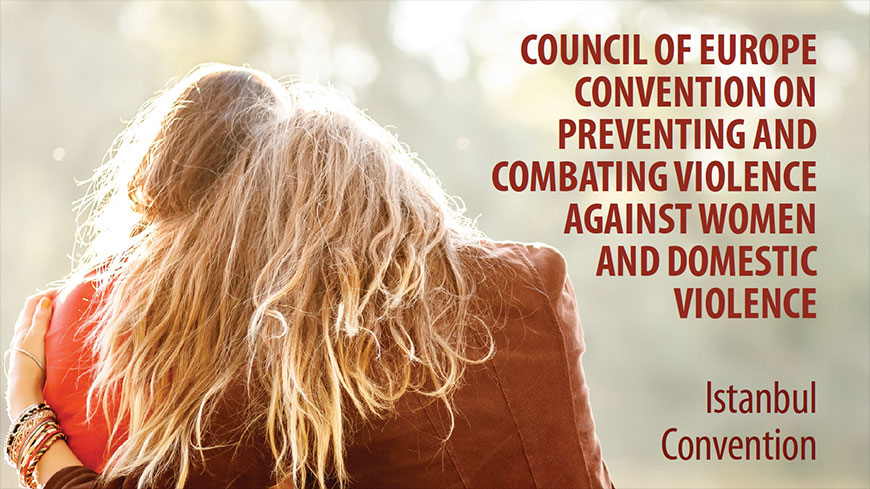In its first report on the implementation by Serbia of the Istanbul Convention, the expert body GREVIO welcomes the policy commitment of the authorities to eliminate gender-based violence and the significant progress made in law and in practice. However, there are still problems requiring an urgent response.
On the positive side, several new laws, national plans and strategies now offer a response to some of the forms of violence against women and domestic violence in Serbia. Stalking, forced marriage and female genital mutilation have been criminalised. However, the criminal offence of rape is still defined as an act committed by using coercion, force or threat, rather than a sexual act that the victim did not consent to, as required by the Istanbul Convention. GREVIO urges the authorities to speedily reform the relevant Criminal Code provisions and to ensure appropriate sanctions for all sexual acts without the consent of the victim.
Moreover, additional efforts are needed to ensure a more comprehensive response to all violence against women covered by the Istanbul Convention, not only domestic violence. These forms of violence include rape, stalking, sexual harassment and forced marriage.
Another important problem is the lack, in most parts of Serbia, of specialist women-to-women support services, in particular for victims of rape and sexual violence, early marriage and stalking. This makes much-needed counselling and psychological support unavailable for most of the victims.
The very few specialist support services to women victims which operate in the country are predominantly run by non-governmental organisations operating on limited budgets. GREVIO urges the authorities to establish a dialogue with women’s organisations and ensure appropriate funding for them.
While victims of domestic violence enjoy access to free legal aid, victims of other forms of violence must demonstrate their eligibility in a lengthy application process. GREVIO urges the authorities to provide free legal aid for all. GREVIO is also concerned by the practice of “confrontations” between victims of rape and the defendants in the courtroom and calls on the authorities to end it.


